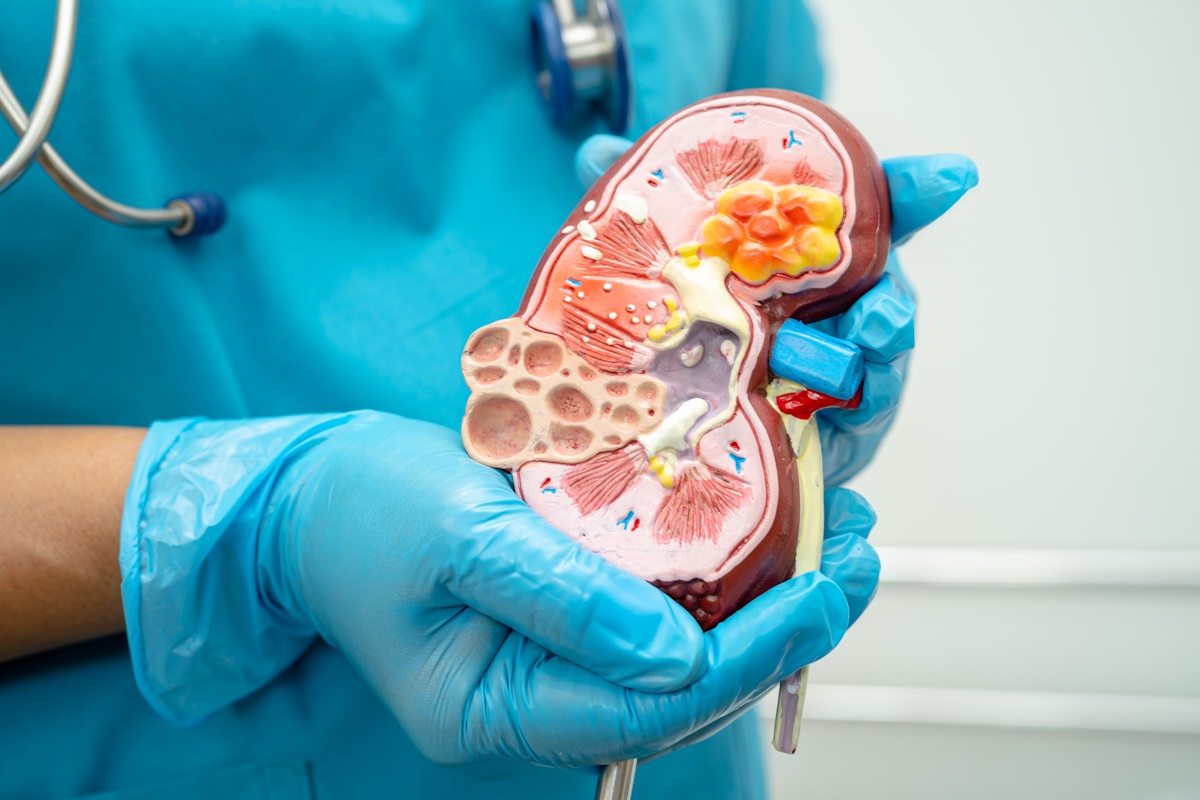March: National Kidney Month – Promoting Kidney Health Awareness
March is designated as National Kidney Month, offering a timely opportunity to raise awareness about the importance of maintaining kidney health and preventing common kidney-related conditions. The kidneys play a vital role in filtering waste from the blood, regulating blood pressure, and maintaining a balanced blood pH, underscoring the necessity of preserving their function through proactive health measures.
Understanding Chronic Kidney Disease (CKD)
Chronic kidney disease (CKD) affects approximately 15% or 37 million Americans, making it a significant public health concern. Often, CKD remains undetected until it reaches an advanced stage, leading to millions of individuals unknowingly living with the condition. CKD involves the gradual loss of kidney function over time due to damage, impairing the kidneys’ ability to filter blood and eliminate waste effectively. Left untreated, CKD can progress to kidney failure, necessitating interventions such as dialysis or kidney transplantation.
Preventive Measures and Risk Assessment
Awareness and early detection are paramount in mitigating the progression of CKD. Understanding risk factors and adopting preventive measures can significantly reduce the likelihood of developing CKD. Key risk factors include diabetes, high blood pressure, cardiovascular disease, and a family history of kidney disease. Additionally, certain demographic factors, such as ethnicity, age, and obesity, can increase susceptibility to CKD.
Recognizing CKD Symptoms
CKD often manifests few or no symptoms in its early stages, emphasizing the importance of regular screenings for at-risk individuals. As the condition progresses, symptoms may include the following:
- Fatigue
- Urinary difficulties
- Foamy or discolored urine
- Increased thirst
- Swelling in various body parts
Recognizing these symptoms prompts timely medical intervention and management strategies.
Screening Tests for CKD
Individuals with risk factors for CKD should undergo regular screenings to assess kidney function. Recommended tests include:
- Blood pressure monitoring
- Urine protein analysis
- Serum creatinine measurement
- Glomerular filtration rate (GFR) estimation
These tests provide valuable insights into kidney health and enable healthcare professionals to initiate appropriate interventions.
Lifestyle Strategies for Kidney Health
Proactive lifestyle modifications can significantly reduce the risk of developing CKD and promote overall kidney health. Lifestyle habits to begin now that are essential for kidney disease prevention include:
- Adopting regular exercise
- Maintaining a healthy weight
- Following a balanced diet
- Abstaining from smoking and excessive alcohol consumption
- Staying hydrated
- Managing cholesterol levels
Additionally, staying informed about family medical history and effectively managing conditions like high blood pressure are essential to safeguarding kidney function.
Conclusion
National Kidney Month serves as a reminder of the importance of prioritizing kidney health and adopting preventive measures to mitigate the burden of kidney-related diseases. Individuals can take proactive steps toward preserving kidney function and enhancing overall well-being by promoting awareness, encouraging early detection, and advocating for proactive lifestyle changes. Together, we can strive to create a healthier future for all, free from the challenges posed by chronic kidney disease.
Dr. David Samadi is the Director of Men’s Health and Urologic Oncology at St. Francis Hospital in Long Island. He’s a renowned and highly successful board certified Urologic Oncologist Expert and Robotic Surgeon in New York City, regarded as one of the leading prostate surgeons in the U.S., with a vast expertise in prostate cancer treatment and Robotic-Assisted Laparoscopic Prostatectomy. Dr. Samadi is a medical contributor to NewsMax TV and is also the author of The Ultimate MANual, Dr. Samadi’s Guide to Men’s Health and Wellness, available online both on Amazon and Barnes & Noble. Visit Dr. Samadi’s websites at robotic oncology and prostate cancer 911.

